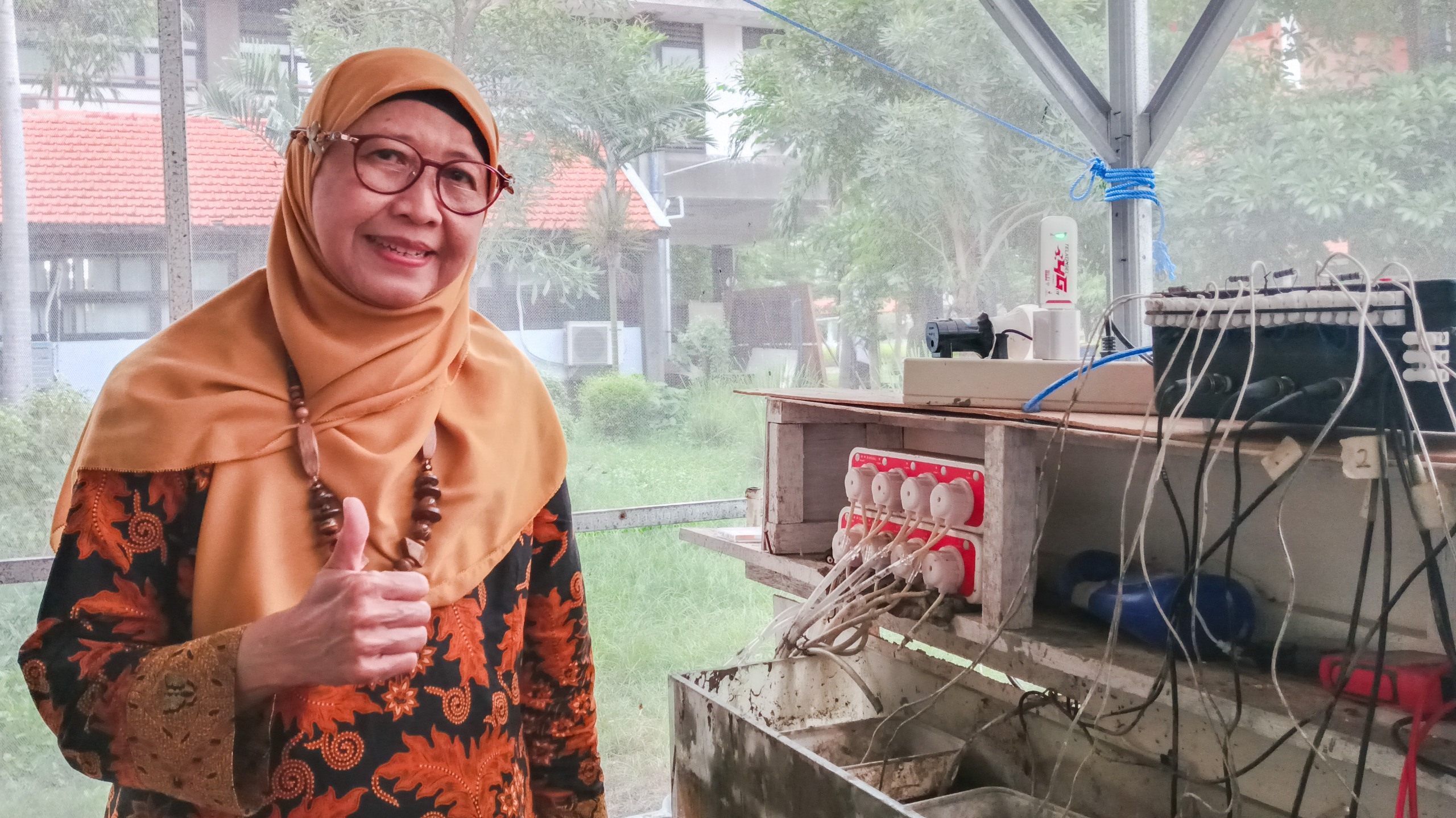Professor Sri Rachmania Juliastuti of Institut Teknologi Sepuluh Nopember (ITS) has pioneered the conversion of organic waste into renewable energy using Microbial Fuel Cell (MFC) technology. This innovation addresses Indonesia's persistent waste management challenges and aligns with the 12th Sustainable Development Goal: Responsible Consumption and Production.
Understanding Microbial Fuel Cells
MFCs are bioelectrochemical devices that utilize bacteria to break down organic matter, generating electricity in the process. This environmentally friendly method offers a sustainable alternative to traditional fossil fuels. The core mechanism involves bacteria oxidizing organic compounds, releasing electrons that are captured to produce electrical energy.
Professor Juliastuti's Research and Innovations
In her research, Professor Juliastuti focuses on harnessing MFC technology to convert various organic wastes into biollectricity. She employs electrogenic bacteria, such as Shewanella oneidensis-MR1, sourced from the Sidoarjo mudflow in Indonesia. These bacteria play a crucial role in decomposing organic substrates and facilitating electron production.
The organic materials utilized in her MFC studies include food waste, fishery by-products, animal manure, and molasses waste. By effectively processing these materials, the MFC system not only generates electricity but also contributes to waste reduction, addressing environmental concerns associated with organic waste accumulation.
Potential Applications and Future Directions
One of the promising applications of this technology is providing electricity to Indonesia's remote and underserved regions. Professor Juliastuti envisions deploying MFC systems in these areas to supply a reliable and sustainable energy source, thereby enhancing local energy independence.
Additionally, her research has identified the presence of rare earth elements in the Sidoarjo mud, which can be extracted and utilized in electronic device manufacturing. This discovery opens avenues for further exploration into the multifaceted benefits of waste materials.
Looking ahead, Professor Juliastuti aims to optimize MFC technology by developing a continuous stacked series configuration. This advancement is expected to increase the electrical output and stability of the system, making it more viable for broader applications. The ultimate goal is to integrate MFCs as alternative energy sources, contributing to sustainable development and environmental preservation.
In summary, Professor Juliastuti's work exemplifies innovative approaches to waste management and renewable energy production. By leveraging MFC technology, her research offers practical solutions to environmental challenges while promoting sustainable energy practices.
Read More






 Thursday, 05-02-26
Thursday, 05-02-26







